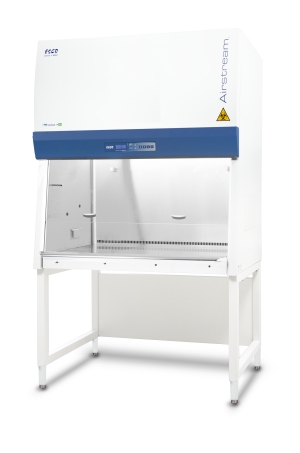Five things to know about Listeriosis

Since the start of 2017, an outbreak of Listeriosis has been occurring in South Africa, particularly in Gauteng province with 581 laboratory-confirmed cases.
Listeriosis is a serious foodborne disease caused by Listeria monocytogenes which can survive in fridge temperature of 4C. Signs and symptoms include flu-like symptoms, headaches, fever, nausea, vomiting, muscle aches but can also affect the nervous system thus causing stiff neck, disorientation or convulsions.
Fast Facts

Listeria monocytogenes can usually be found in soil, water and vegetation which can be transmitted to humans through ingestion of bacterium-contaminated food such as raw or unpasteurized milk, soft cheeses, vegetables, processed food and meat, and smoked fish products.

Neonates, pregnant women, the elderly and immunocompromised persons have a higher risk of contracting Listeriosis with a severe disease outcome.

In this outbreak, 42% of the cases are neonates since infections during pregnancy may result in miscarriage or stillbirth, premature delivery or meningitis.

There is no vaccine or pre-exposure prophylaxis available to prevent people from being infected. But Listeriosis can be treated with antibiotics, either alone or in combination with other antibiotics.

We can eliminate risks by implementing basic proper hygiene, appropriate food handling and storage to avoid contamination.
When dealing with Listeria monocytogenes in your laboratory!
Practice appropriate laboratory procedures and techniques in analyzing samples from infected sources.
Equip yourself with a safety cabinet that provides operator, product, and environment protection.

AIRSTREAM®
Class II, Type A2 Biosafety Cabinet
Model: AC2 - 4S8
KNOWLEDGE IS POWER.
UPHOLD: Esco advocates the battle against Listeriosis.
References:
[1] Listeriosis – South Africa. (2018, March 28). Retrieved from http://www.who.int/csr/don/28-march-2018-listeriosis-south-africa/en/
[2] McCarthy, K. (n.d.). Spike in Listeria infections in South Africa: Why it matters. Retrieved from https://mg.co.za/article/2018-01-15-spike-in-listeria-infections-in-south-africa-why-it-matters
[3] Department of Health. (n.d.). Retrieved from https://www.health.ny.gov/diseases/communicable/listeriosis/fact_sheet.htm